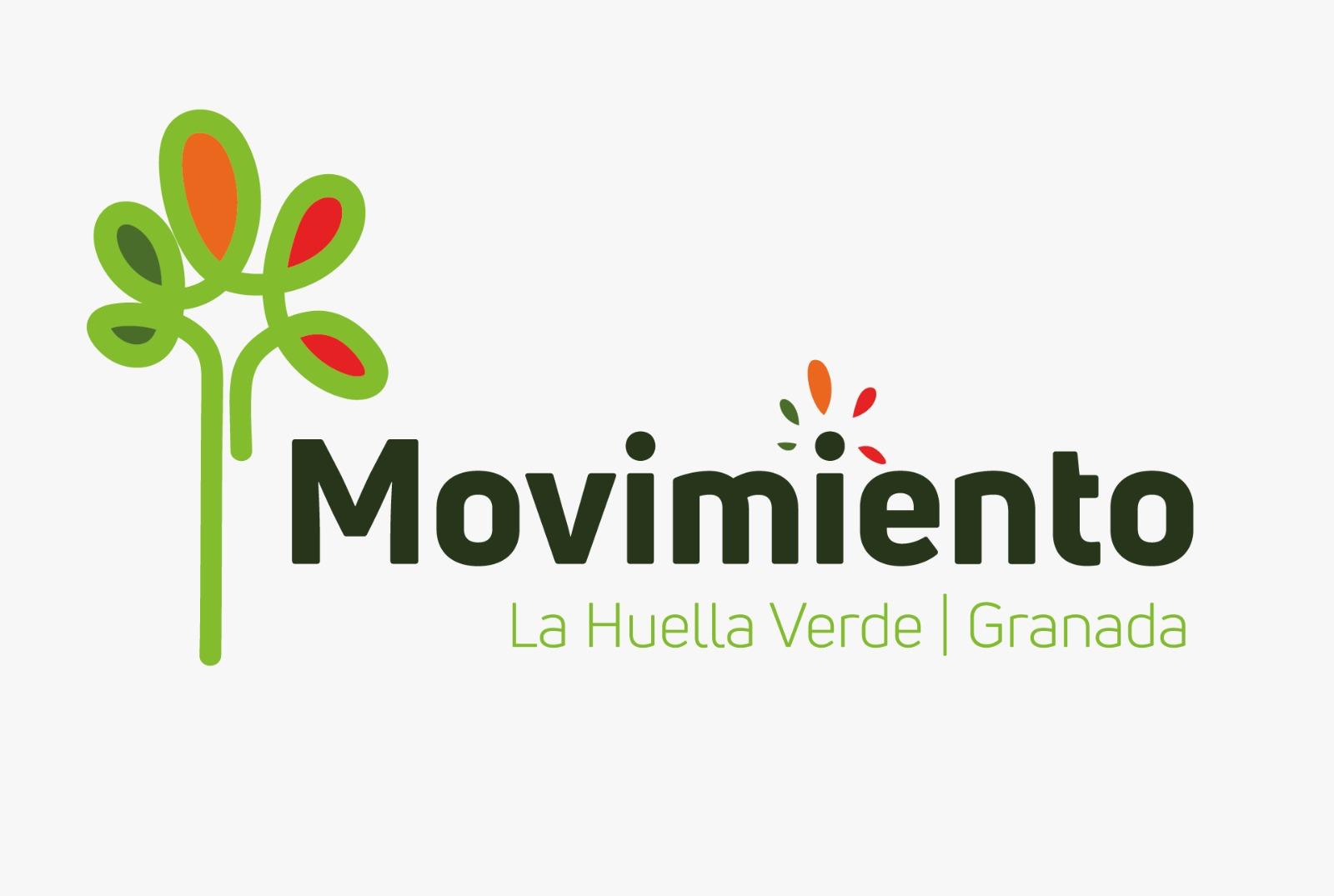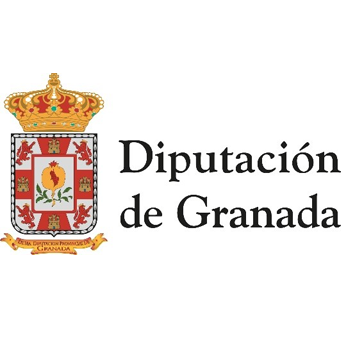SUSTAINABILITY AND INNOVATION
In the efforts of Granada and its province to achieve sustainability as a tourist destination, a model of tourism that respects the environment and society is being implemented, where economic and tourist growth does not have repercussions on the planet and promotes human wellbeing and social equity.
Compromise
For Granada and its province, sustainability is more than just awareness, it is a commitment to action and the only viable way of doing tourism. The city’s professional and specialised MICE tourism sector shows its environmental commitment through official ISO 20121 certifications, measuring the carbon footprint of the events held and offsetting it, responsible waste management, give preference to local and km0 products, digitalisation of processes contributing to paper free events, as well as a whole approach to sustainable implementation taking into account the social, economic and environmental perspective of the city and its surroundings.
In addition, Granada Convention Bureau belongs to the Sustainability Commission of the Granada Chamber of Commerce, in its effort and commitment to remain at the forefront of the latest policies, tools and programmes in the field of sustainability applicable to the MICE sector.

The Green Footprint Granada Association was born from the union of the Business Sector of Granada, with the Granada Chamber of Commerce, the Granada Confederation of Businessmen and the Provincial Federation of Hotels and Tourism, as well as several companies that joined to what is already considered a “LHV” Movement.

This movement, supported by the “LHV” Association, has the dual purpose of articulating actions aimed at raising Awareness and Culture of Sustainability and combating Climate Change in a broad sense in the field of business. Meanwhile, at the same time, it aims to develop together with citizens and government institutions plans for the transformation of the city and province focused on improving the welfare and quality of life, hoping to be a benchmark model of city and province.
Among the actions carried out by this Association, there is the “LHV” Sustainability Chair with the UGR, the “LHV” Forest regenerating a degraded area in the Sierra Nevada Park, the maintenance of the CO2 sink in La Lancha del Genil, the “Compensa” programme with the Hotel and Catering Federation, the implementation of an “LHV” seal with the Chamber of Granada and Cámara Certifica, and several other working groups that are being set up.
Since 2017, the city of Granada has been also adhered to the Seville Declaration, an initiative promoted by the European Commission and the European Parliament, a commitment on circular economy signed by 300 Spanish municipalities, thus showing their interest in this model of sustainable production and consumption.
Granada has been working for years towards the transition to the circular economy, a new economic and social system that aims to “produce goods and services while reducing the consumption and waste of raw materials, water and energy sources”, starting with the water sector.
One example is the transformation of the wastewater treatment plant into a biofactory that allows the increasing reuse of water and its transformation into energy, with the aim of achieving zero waste, zero energy and zero CO2 emissions.
Granada aims to develop a circular vision of the city in which institutions, businesses and citizens as a whole are involved, in order to create positive environmental results and new socio-economic opportunities for the city.
In 2017, the Spanish Ministry of Economy, Industry and Competitiveness awarded Granada the title of “City of Science and Innovation”, which places the city as a benchmark for multidisciplinary research. In addition, Granada has its own “Granada, City of Science and Innovation” Awards in order to recognise and disseminate the scientific and innovative activity developed in the city, as well as a Science Board created to support science, technology and innovation and to bring together synergies to face the future scientific challenges to which the city aspires.
Granada belongs to the Spanish Network of Healthy Cities (RECS), a group of cities that, within the FEMP, have joined together under the principles and activities in line with the World Health Organisation’s “Healthy Cities” programme, in order to create the precise conditions and appropriate mechanisms to achieve a stable form of collaboration in activities aimed at promoting and achieving healthier cities, which is its main objective.
In addition, Granada is also part of the Local Health Action Network (RELAS), a project of the Regional Ministry of Health, in collaboration with the Andalusian School of Public Health, which works to improve the health of the population of Andalusian municipalities and cities.
- The Palacio de Congresos de Granada has contributed to the modernization of its infrastructure for events and is undergoing a major refurbishment, with an investment of close to eight million euros, focused on improving energy efficiency and accessibility. This modernization seeks to adapt the infrastructure to the sustainability standards required for the organization of responsible events.
Objectives: to improve the building’s energy efficiency and increase universal accessibility.
Link with SDGs: SDG 9 (Industry, innovation and infrastructure). SDG 11 (Sustainable cities and communities). SDG 13 (Climate action).
- Chamber of Commerce and its Sustainability Office: The Chamber of Commerce of Granada, through its Sustainability Office, advises small and medium-sized enterprises (SMEs) on the integration of the SDGs into their business strategies. They offer tools such as sustainability self-diagnostics and carbon footprint calculation, promoting responsible practices in the organization of business events.
Among the services they offer are:
- Sustainability self-diagnostics
- Carbon footprint calculation.
- Direct application in responsible business events
Linkage with the SDGs: SDG 12 (Responsible Consumption and Production). SDG 8 (Decent work and economic growth). SDG 13 (Climate action).
- Granada Urban Agenda: 160 measures towards sustainability: The Granada City Council has approved an Urban Agenda that includes 160 actions structured in three axes:
- Granada Respira: Focused on environmental improvement, it includes the creation of a Low Emission Zone, a Green Ring around the city and the renaturation of rivers such as the Genil and Darro.
- Innovative Granada: Promotes digitalization, artificial intelligence and energy efficiency.
- Granada Vive: Seeks social cohesion through the rehabilitation of neighborhoods and public spaces.
Links with SDGs: SDG 11 (Sustainable Cities and Communities), 13 (Climate Action) and 9 (Industry, Innovation and Infrastructure).
- The Diputación de Granada has launched training programs aimed at public administration staff to promote the implementation of sustainable practices in cultural events. These programs address aspects such as environmental, social, economic and governance sustainability, linking them directly to the SDGs and the 2030 Agenda: https://www.dipgra.es/servicios/empleo-y-formacion/formacion-para-el-empleo-publico/IMPLEMENTACION-DE-PRACTICAS-SOSTENIBLES-EN-EVENTOS-CULTURALES/
Linkage with the SDGs: SDG 4 (Quality education). SDG 16 (Peace, justice and strong institutions).
- International Gastronomic Congress ‘Sabor Granada’, which promotes local gastronomy under criteria of sustainability, innovation and excellence. The congress includes conferences, workshops and enogastronomic experiences that highlight the uniqueness of Granada’s products and its commitment to the SDGs: https://www.dipgra.es/servicios/areas/desarrollo/noticias/Granada-acogera-el-I-Congreso-Gastronomico-Internacional-Sabor-Granada
Link with the SDGs: SDG 12 (Responsible production and consumption). SDG 2 (Zero hunger, from local food sovereignty). SDG 8 (Decent work and economic growth).
Diary
- PALACIO DE CONGRESOS
XXXIV REUNIÓN ANUAL DE LA SOCIEDAD ESPAÑOLA DE SUEÑO (SES 2026)
05/03/2026 - 07/03/2026500 paxPágina web
- UNIVERSIDAD DE GRANADA
43º CONGRESO DE LA ASOCIACIÓN ESPAÑOLA DE LINGÜÍSTICA APLICADA (AESLA 2026)
15/04/2026 – 17/04/2026500 paxPágina web
- PALACIO DE CONGRESOS
V CONGRESO INTERDISCIPLINAR EN GENÉTICA HUMANA
15/04/2026 - 17/04/2026700 paxPágina web
- Facultad de Ciencias de la Educación. Universidad de Granada.
X CONGRESO INTERNACIONAL EN INVESTIGACIÓN Y DIDÁCTICA DE LA EDUCACIÓN FÍSICA (ADDIJES)
15/04/2026 – 17/04/2026300 paxPágina web
- HOTEL BARCELÓ GRANADA CONGRESS
XXI REUNIÓN ANUAL DE LA SOCIEDAD ANDALUZA DE EPILEPSIA (SAdE)
16/04/2026 – 18/04/2026200 personasPágina web
- PALACIO DE CONGRESOS
IEEE CONFERENCE ON ARTIFICIAL INTELLIGENCE (CAI) 2026
08/05/2026 – 10/05/2026900 paxPágina web
- PALACIO DE CONGRESOS
XIV JORNADAS ESPAÑOLAS DE PRESAS
11/05/2026 - 14/05/2026400 personasPágina web
- ETS DE INGENIERIA DE CAMINOS, CANALES Y PUERTOS - UGR
IUTAM SYMPOSIUM 2026
31/05/2026 - 05/06/2026100 paxPágina web
- Estación Experimental del Zaidín [CSIC]
ENCEUNTRO “TERRITORIOS PASTOREADOS (TP9)”
10/06/2026 – 13/06/2026200 paxPágina web
- FACULTAD DE CIENCIAS DE LA EDUCACIÓN - UGR
XXII CONGRESO INTERNACIONAL DE INVESTIGACIÓN EDUCATIVA (AIDIPE 2026)
24/06/2026 - 26/06/2026600 paxPágina web
- ESCUELA TÉCNICA SUPERIOR DE ARQUITECTURA - UGR
17TH INTERNATIONAL CONFERENCE ON REACTIVE OXYGEN AND NITROGEN SPECIES IN PLANTS
09/09/2026 - 11/09/2026120 paxPágina web
- PALACIO DE CONGRESOS
CONGRESO ANUAL SOCIEDAD EUROPEA DE ANESTESIA REGIONAL Y TRATAMIENTO DEL DOLOR (ESRA ESPAÑA)
30/09/2026 – 02/10/2026600 personasPágina web
- PALACIO DE CONGRESOS
MicroTAS 2026 CONFERENCE
18/10/2026 – 22/10/20261100 personasPágina web
- FACULTAD DE FILOSOFIA Y LETRAS UGR
XIV CONGRESO INTERNACIONAL DE HISTORIA DE LA LENGUA ESPAÑOLA
25/01/2027 - 28/01/2027200 - 300 personasPágina web











